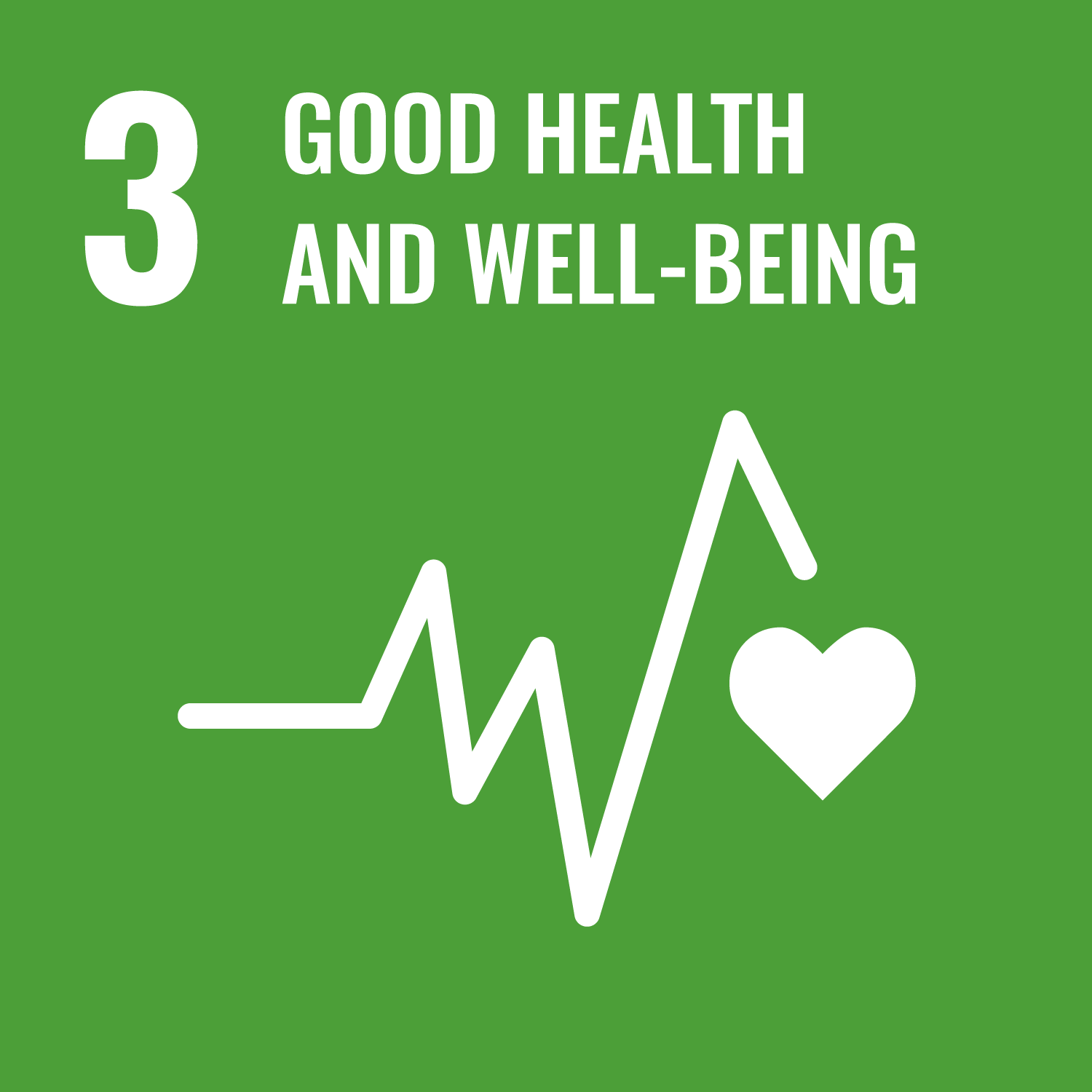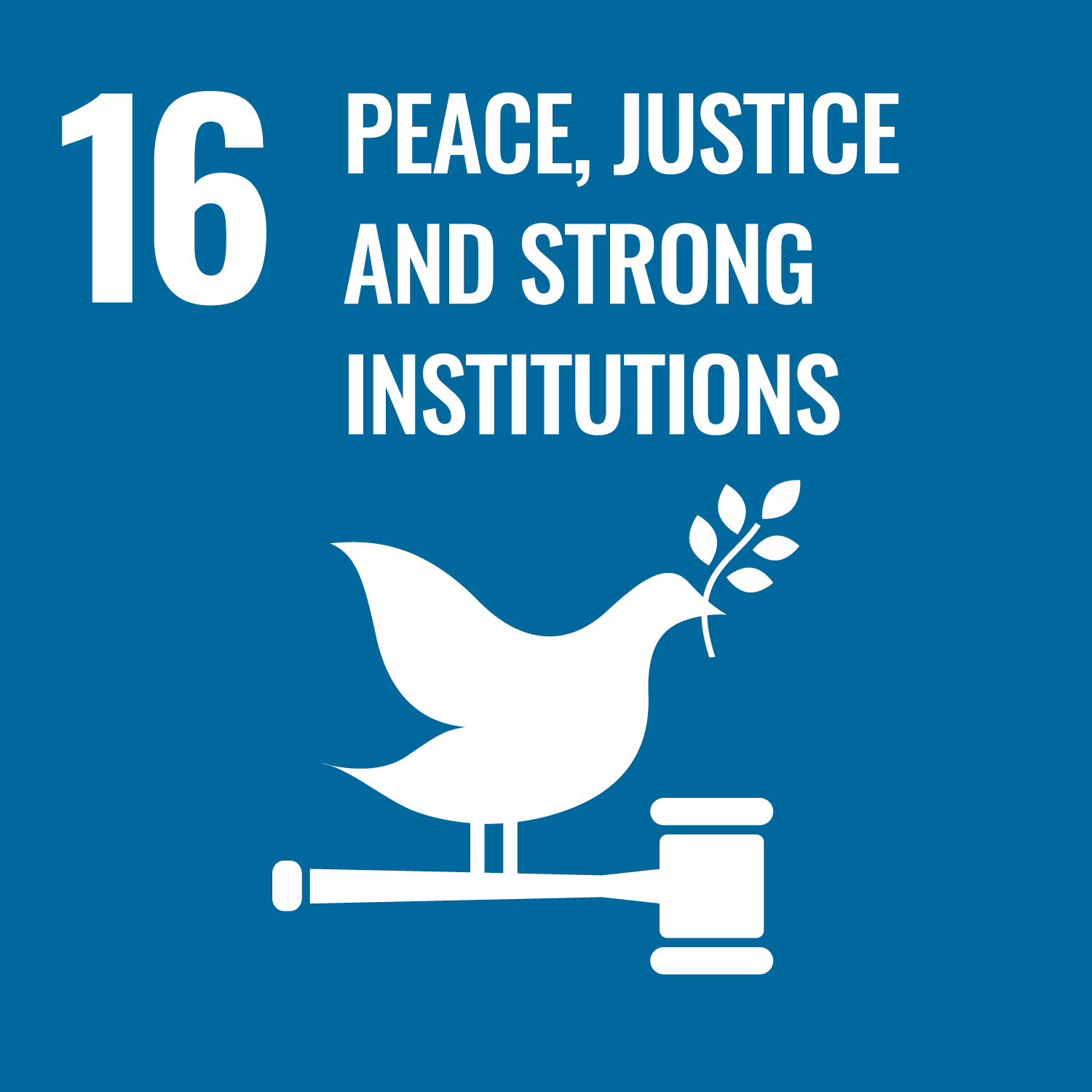YouthChoices Social Benefit Bond (Queensland)
Aligned SDGs




- YouthChoices Social Benefit Bond (Queensland)
- General overview
- Location
- Involved organisations
- Outcome metrics
- Spreadsheet of data
- YouthChoices Social Benefit Bond (Queensland)
- General overview
- Location
- Involved organisations
- Outcome metrics
- Spreadsheet of data
General overview
Stage of development: Implementation
Policy sector: Criminal justice
Start date of service provision: Oct 2019
Capital raised (minimum): AUD 8.20m (USD 5.70m)
Intervention
The YouthChoices SBB aims to reduce youth reoffending rates for young people. The programme is delivered using the Multi-Systemic Therapy model developed in the USA by highly-trained clinicians who work intensively with the families and care givers at least two or three times a week (or more as needed) in their homes. Clinicians are available 24 hours a day, 7 days a week for the duration of the Program’s involvement with the family and aims to support parents to implement strategies to reduce offending by the child. Multi Systemic Therapy considers the whole ecology of the young person and works across the key environments, or ‘systems’, family, peers, school, neighbourhood, cultural support network, that are in a young person’s life. It uses the strengths of each system to facilitate positive behavioural change.
Target population
The YouthChoices program is for young people who are subject to youth justice supervision, and aged 10-14 at moderate to very high risk of recidivism or aged 15-16 at high to very high risk; and their families.
Location
Country
- Australia
Service delivery locations
- Brisbane, Australia
Involved organisations
Commissioners/outcome payers
Service Providers
Investors
Intermediary organisations
Outcome metrics
- Reduced offending. Reduced incidences of young people being held on remand or in detention, and related costs (e.g., police and court expenses)
- Reduced substance abuse.
- Improved school attendance and participation
- Enhanced parental skills
Spreadsheet of data
Important Notice and Disclaimer on INDIGO Data
INDIGO data are shared for research and policy analysis purposes. INDIGO data can be used to support a range of insights, for example, to understand the social outcomes that projects aim to improve, the network of organisations across projects, trends, scales, timelines and summary information. The collaborative system by which we collect, process, and share data is designed to advance data-sharing norms, harmonise data definitions and improve data use. These data are NOT shared for auditing, investment, or legal purposes. Please independently verify any data that you might use in decision making. We provide no guarantees or assurances as to the quality of these data. Data may be inaccurate, incomplete, inconsistent, and/or not current for various reasons: INDIGO is a collaborative and iterative initiative that mostly relies on projects all over the world volunteering to share their data. We have a system for processing information and try to attribute data to named sources, but we do not audit, cross-check, or verify all information provided to us. It takes time and resources to share data, which may not have been included in a project’s budget. Many of the projects are ongoing and timely updates may not be available. Different people may have different interpretations of data items and definitions. Even when data are high quality, interpretation or generalisation to different contexts may not be possible and/or requires additional information and/or expertise. Help us improve our data quality: email us at indigo@bsg.ox.ac.uk if you have data on new projects, changes or performance updates on current projects, clarifications or corrections on our data, and/or confidentiality or sensitivity notices. Please also give input via the INDIGO Data Definitions Improvement Tool and INDIGO Feedback Questionnaire.